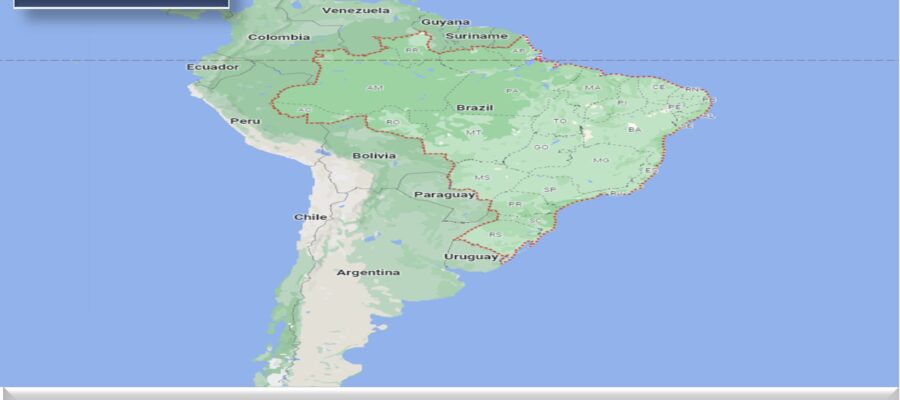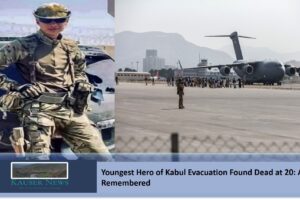In recent years, Brazil has become a popular destination for Afghan refugees fleeing violence and persecution in their home country, some Afghan civil society activists who were once champions of human rights have turned to human trafficking in order to survive.
Human trafficking is the illegal trade of people for the purpose of forced labor or sexual exploitation. It is a serious crime that can have devastating consequences for the victims. Trafficked people are often subjected to violence, abuse, and exploitation. They may be forced to work long hours in dangerous conditions for little or no pay. They may also be forced into prostitution or other forms of sexual exploitation.
The rise of human trafficking among Afghan civil society activists in Brazil is a complex issue with no easy answers.
There are a number of factors that have contributed to this problem. One factor is the lack of economic opportunities for refugees.
Many refugees have difficulty finding work in Brazil, and they may be forced to turn to crime in order to survive. Another factor is the language barrier. Many Afghan refugees do not speak Portuguese, which makes it difficult for them to integrate into Brazilian society.
This can make them vulnerable to exploitation by traffickers.
In addition, some Afghan civil society activists may have been forced to turn to human trafficking due to the violence and persecution they faced in Afghanistan. Many of these activists were involved in human rights work, and they may have been targeted by the Taliban or other extremist groups. As a result, they may have fled to Brazil in order to escape violence, but they may have found themselves in a dangerous situation once they arrived.





